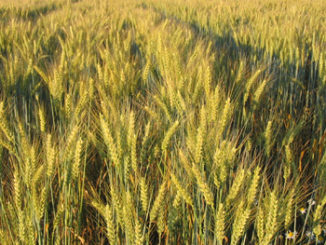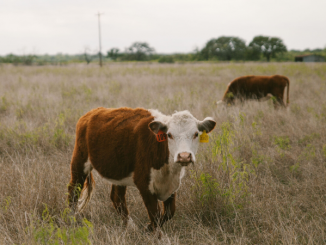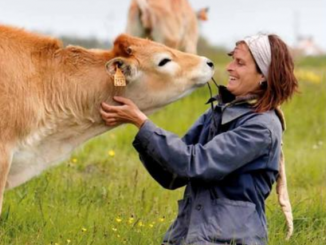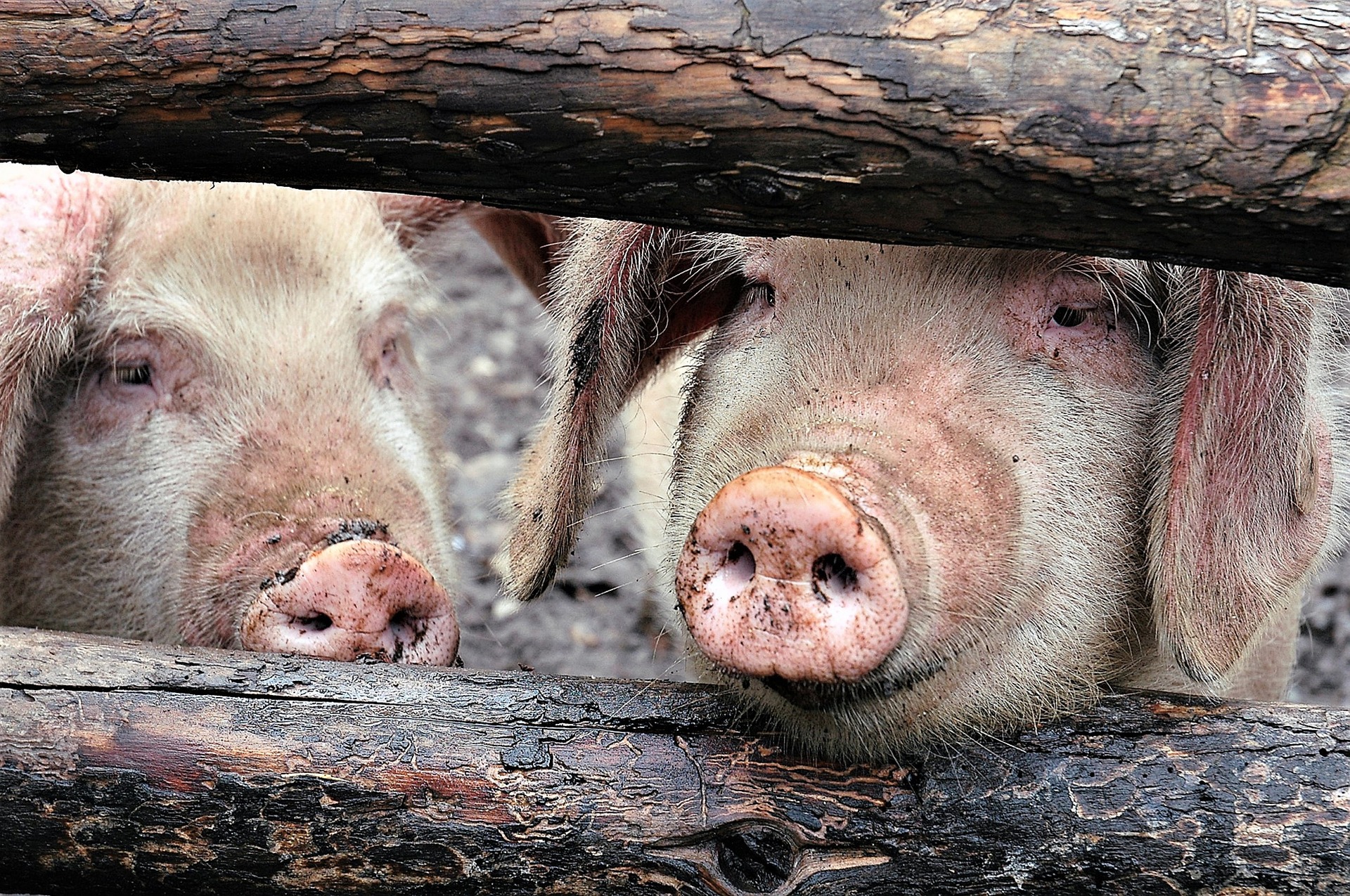
After more than 15 years living and working in Eastern Europe, the former USSR and the Middle East. Stuart Meikle returned westwards. A sabbatical followed to re-orientate himself back to North West European agriculture, food and policy issues. After the Brexit referendum, the possibilities of a UK-only policy was too interesting to pass on. A period of convalescence then allowed him the time to bring his ideas together and to write them up, thus this UK agri-food policy paper. It is an attempt to address the many relevant but complex issues at the same time. The paper was written before his soils-first policy paper published in ARC2020 (pdf) and it is best considered within the context of evolutionary thinking that is seeking to find definitive policy solutions.
Here we present number 5 of 12 policy objectives for the UK by Stuart Meikle.
Continuing to Have World-Leading Animal Welfare Standards (Key Objective 5)
British farmers operate to some of the highest animal-welfare standards in the world. There should be no question of this changing with the UK leaving the EU, and the expectation is that most EU legislation relating to farm animal welfare will be transferred into British law. One does not expect this to be an issue although some farmers may expect a lighter regulatory framework from Britain leaving the EU.
Whilst expecting the status quo to continue, Brexit is not a time for complacency. It is coming at a time when there is probably more consumer awareness of animal welfare than ever before. It is important that the market mechanisms are in place to enable consumers to transmit their message to farmers, for farmers to provide animal-based products in response, and for the market to pay a premium that is in balance with the additional production costs associated with adopting higher welfare standards. This should be left to the market, and the Government should ensure the market works effectively and functional, competitive supply chains link the farmer to the animal-welfare-aware consumer.
A major concern for farmers is that a post-Brexit, freer-trade policy will open them up to competition from lower-cost imported produce from countries that operate lower animal-welfare standards. It is simply not acceptable that British farms that operate to high animal-welfare standards should have to compete on cost alone with inferior imports. It is proposed in this policy that this equivalence issue is first addressed by the clear labelling of British produce and only second through strict import controls.
In addition to clear animal-welfare labelling, it is proposed that far greater use of in-depth, designated-origin schemes occurs post-Brexit. These may be specifically related to animal welfare but, ideally, they should be holistic and encompass, for example, the use of climate-friendly farming practices, landscape preservation, local employment creation, ‘fair-trading’ and support for rural communities. In addition to communicating with the British consumer, these schemes should also enhance export opportunities for high-value British products best suited to the relatively small scale of British farms.
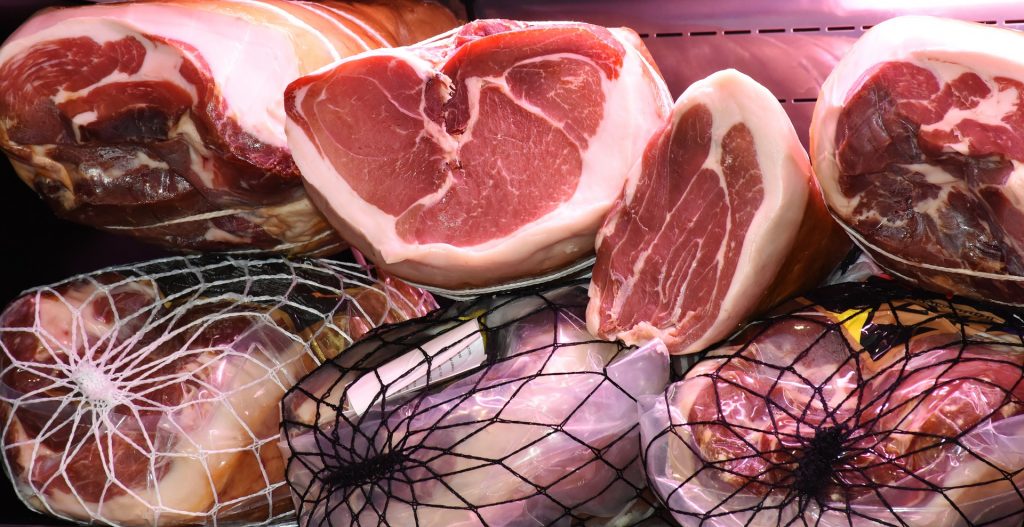
Beyond these general comments, a few specifics warrant mentioning. It should be beyond argument that post-Brexit farming policy should target a very significant reduction in animal health product use. It is not just about antibiotics used in human medicine, it is about preserving the efficacy of products that are vital to animal health. Simply, prophylactic use in farming must end sooner rather than later.
A new governing principle of animal welfare in Britain must be that no animal or bird without a productive purpose should be born or hatched on a farm or in a hatchery. It is not acceptable that any farming system can involve the waste of life. Such a principle will mean altering the selective breeding for female- or male-only production traits and it will mean a major reversal of breeding policy for some farming sectors. This world-leading animal welfare move will inhibit any cheaper-food policy so it must be supported by consumers, retailers and, via their elected Government, British taxpayers.
Further, the lifespan of animals and birds must be highlighted to the consumer to encourage them to pay a premium for produce that is derived from farm livestock that have a longer life. This applies to both breeding stock and those reared for meat. Market premiums need to ensure that economics is not shortening lifespans. This will also be a critical issue with respect to GHG-mitigation efficiency. Government policies that directly or unintentionally result in shorter on-farm lifespans must be rare.
E1. CREATING DESIGNATED-ORIGIN SCHEMES TO IMPROVE AWARENESS
E1.1 Government to support the creation of schemes to designate both quality and origin
A pillar of the new British farming and food policy must be schemes that designate the origins and qualities of British produce. These must be clearly linked to farming practices and designed to work within supply chains that properly reward the producer. A primary objective will be to raise consumer awareness; be they in Britain or in export markets, and to differentiate British products from all others.
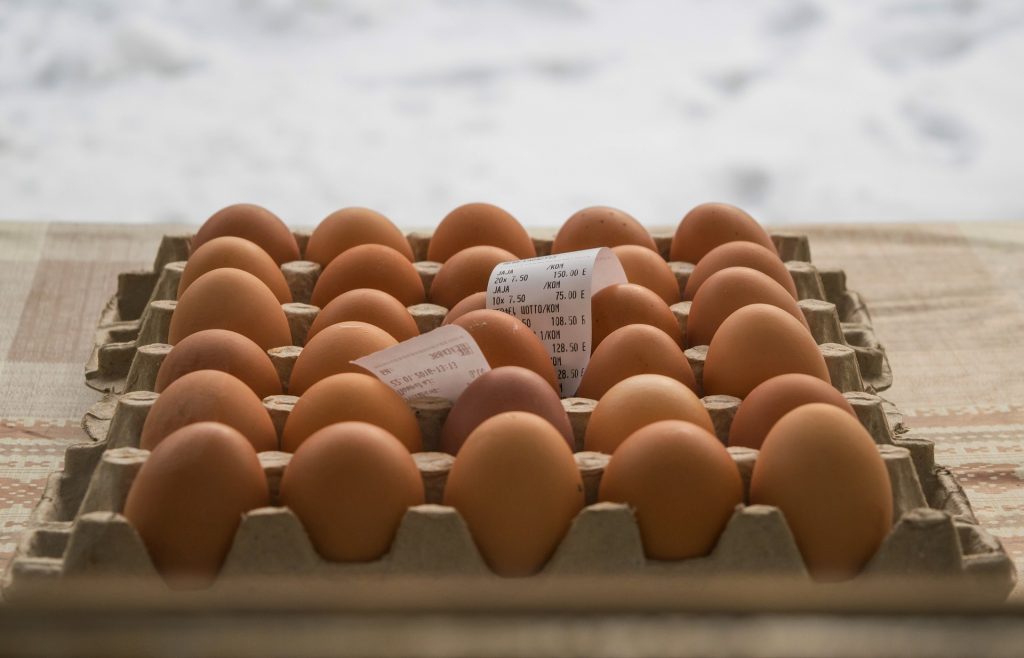
E1.2 Government to ensure that enhanced animal welfare is pivotal to the origin schemes
Animal welfare is a major concern for many British consumers. By operating traceable and transparent standards, animal welfare offers British farmers the chance to differentiate themselves from foreign competition. Strong animal welfare standards have to be a corner-stone of all baseline farm assurance schemes. Additional labels like free-range for products from pigs and poultry have been common place for many years. The next step is to use yet higher welfare standards within more complex designated-origin schemes and marketing these to consumers who are willing to pay a premium price for them. An example of an enhanced standard is discussed below in E3.3; using of dual-purpose poultry breeds.
E1.3 Government to promote the designated-origin schemes to highlight British standards
A role of the Government will be to proactively support the promotion of designated-origin schemes in the domestic and export markets. Raising the overall standard of animal welfare in British farming will only be achieved by farmers being appropriately rewarded by the market for going the extra mile.
E2. LEAVING BEHIND THE ROUTINE USE OF ANIMAL HEALTH PRODUCTS
E2.1 Government to establish clear targets for halting routine antimicrobial use in farming
It is now imperative for human and animal health that the routine, prophylactic use of antimicrobials in animal farming ends. Targets for so doing must be stipulated within a new farming and food policy.
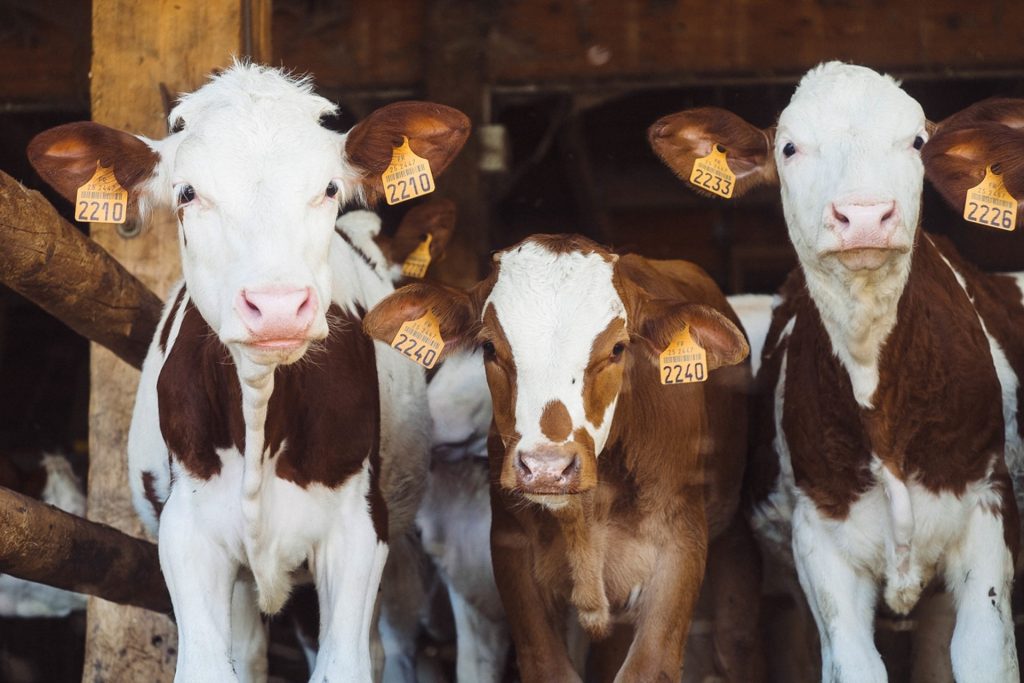
E2.2 Government to investigate the system changes needed to reduce antimicrobial usage
In the context of the above, the Government needs to determine what system changes will be needed to significantly reduce antimicrobial use. The changes will carry a cost and it must be decided if the Government / taxpayer should contribute to this burden. Potentially the cost could be very significant. The Government and those outside the industry need to recognise that the transition to a robust food system will not be a low-cost event; not least because British farmers should not be undermined by low-priced imports from countries that do not operate the same stringent approach to veterinary care.
E2.3 Government to determine the absolute minimum practical animal health product use
Beyond antimicrobials, the Government should establish how much farming could practically reduce its use of animal health products. If farming systems are to be truly robust they should not be reliant on the routine use of animal health products. This approach will require a change in mind set. It will also bring into question the viability of many large, intensive, confined-livestock farming investments. As above, farmers investing to adapt to new standards must not be undermined by imports; not least because reducing the use of, especially, antimicrobials is a worldwide issue and not just a British one.
E2.4 Government to support the necessary change-over to robust animal-farming systems
As mentioned above, changing farming systems to reduce the use of some animal health products will carry a significant cost for farmers. The Government should consider grant-funding the investment required. Alternatively, it could consider an asset-scrappage scheme for the assets rendered defunct by farmers meeting policy-driven targets. Tapered, annual transitionary payments are another option.
E3. BREEDING ANIMALS THAT ARE MORE ROBUST AND DUAL-PURPOSE
E3.1 Government to support animal-breeding that focuses on healthy and robust animals
Over the years, farm animals have been bred for in-vogue farming systems. They have also been bred to supply low-cost products in a financially efficient manner. To meet market specifications, animals have been bred to be leaner. These factors have influenced selection and, to a greater or lesser degree, impacted upon the natural robustness of the animal. It is fair to state that the accepted use of animal health products has facilitated this. It has had consequences that now have to be reversed and a part of that reversal means that animal breeding has to again focus on breeding a robust, healthier farm animal.
E3.2 Government to discourage breeding that is too narrowly focused on yields or growth
Within the context of breeding more robust farm animals, there needs to be less emphasis on yields (eg, milk per cow) and growth rates (eg, weight gain per day in broilers). There should be little doubt that keeping high-output farm animals correlates with a poorer animal-health status and increased veterinary costs. Yield and growth driven breeding is, however, driven by financial returns. To reverse this trend the market must deliver higher prices to allow farmers to lessen the importance of the financial driver behind breeding for yield and growth. There is consumer consciousness of ‘slow food’ and the Government must ensure that mechanisms are in place to link aware consumers and farmers.
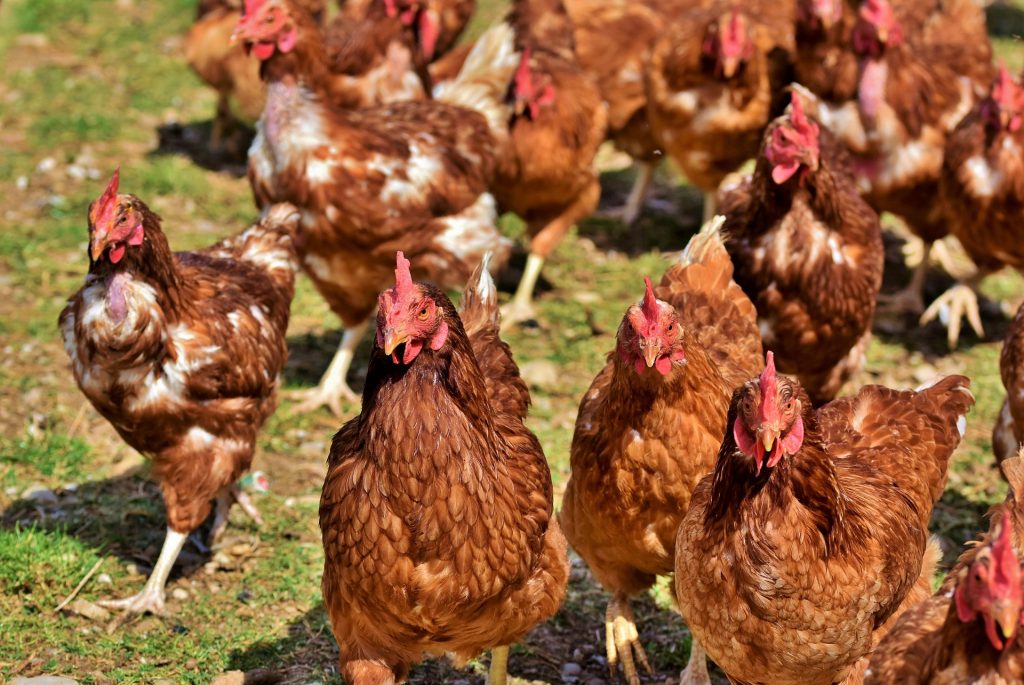
E3.3 Government to discourage systems where the males or females are rendered useless
There is rising consumer concern over farming systems where the newly born or hatched is rendered useless due to its gender. For example, pure-bred male calves born to the extreme types of dairy cow or male siblings of hybrid egg-laying hens have little to zero commercial value. If this means that the lives of these creatures are immediately terminated, the systems should be scrutinised and phased out in a realistic time frame. The awareness of this issue is not limited to the vegetarian and vegan lobbies, and it will increase amongst all consumers. It should not be a part of modern food production.
E3.4 Government to support novel dual-purpose initiatives like calf-at-foot dairy-farming
Beyond producing valueless calves, there is concern among some consumers over the stress caused by the very early separation of calf from cow. This is not yet a mainstream issue but it will be. Hence, Government should support those developing calf-at-foot systems. Their additional benefit is that they focus attention on producing a higher-quality-beef calf and high-animal-welfare dairy products.
E4. LESSENING STRESS VIA SUPPORT FOR LOCAL PROCESSING FACILITIES
E4.1 Government to stipulate maximum travelling-to-slaughter times and/or distances
Whereas travelling times for farm animals are already controlled, the Government should go further with respect to animals going to slaughter. For welfare and stress/meat-quality reasons, a maximum travelling distance (say, 50 miles) and time (say 90 minutes) must be specified. Targets must be set in accordance with these figures. Some remote-region derogation may be required. A time frame of five years should be set within which the Government must ensure that the necessary abattoir network is functioning to enable this local-slaughter policy for all animals to be fully and practically implemented. To go beyond animal welfare, local slaughter must be seen as a moral obligation of a civilised society.
E4.2 Government to formally prohibit live-exports-for-slaughter beyond the British Isles
To explicitly clarify the situation, no animals should be exported live for slaughter. Simultaneously, the Government must commit to providing the necessary support and funding to ensure farmers have a choice of nearby abattoirs. The Government must proactively support this policy.
E4.3 Government to support farmer groups to develop the necessary abattoir network
Within the context of rebuilding a local abattoir network, the Government must encourage farmer ownership of the post-farm-gate supply chain to ensure that farmers receive a fair price for their stock.
E5. GUARANTEEING THAT SEVERAL ANIMAL PROCESSING CHOICES EXIST
E5.1 Government to part-fund administrative burden created by food-safety regulation
For animal welfare reasons, an extensive network of local abattoirs needs to be rebuilt. Their presence will also make it easier for farmers to operate short supply chains to their customers. An often-cited reason for the original loss of small, local abattoirs was the bureaucratic burden associated with food-safety regulations. This should not be an acceptable reason for the loss of such an important resource. Hence, the Government should direct fund abattoirs to cover their food-safety bureaucratic burden.
E5.2 Government to ensure that rendering facilities are accessible to all local abattoirs
Within the context of the above, the bureaucratic burden is not the sole reason for the loss of small abattoirs. Access to and the cost of rendering can be problematic. The Government must ensure that there is adequate local rendering provision and that it offers a competitively priced, efficient service.
E6. CONTROLLING THE LIFE-TIME MOVEMENTS OF ANIMALS FOR MEAT
E6.1 Government to allow only a single long-distance, farm-to-farm, animal movement
Policy E4.1 explicitly states that distances to an abattoir should be restricted. There is also little reason for long-distance haulage of farm livestock. It is, henceforth, proposed that the Government assesses the feasibility of restricting long-distance haulage of all livestock to a single lifetime movement of over three hours’ duration. A derogation for breeding livestock may be added in exceptional circumstances. This single long-distance movement is to facilitate traditional upland-to-lowland transport of livestock.
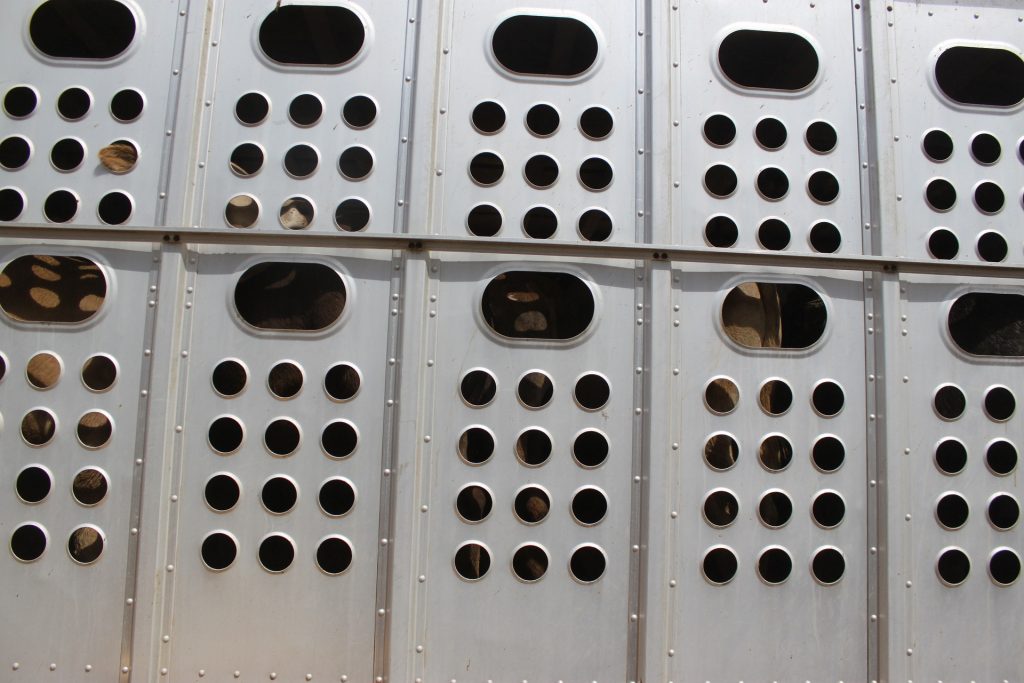
E6.2 Government to derogate the one lifetime movement to be within the British Isles
The single lifetime movement will not be restricted to livestock from within Britain itself. It will allow the reinstatement of the once traditional trade in store cattle from the Republic of Ireland for finishing on lowland British farms. These young cattle will be explicitly suckler-reared, from small-scale family farms, and of a breed suited to out-wintering and finishing on herbage leys. The British Isles derogation is designed to support the family farms of the west of Ireland and to provide young cattle for grazing fertility-building, soil-restoring, rotational pastures on the arable soils of southern and eastern Britain.
E7. EXTENDING THE LIFESPANS OF BREEDING ANIMALS ON OUR FARMS
E7.1 Government to encourage the dairy industry to seek ways to extend productive lives
The productive life of the dairy cow has declined as farmers have pursued higher yields per se and the genetic improvement required to deliver them. The short productive life-span in relation to their natural life expectancy is likely to become a major animal welfare issue and should be addressed. With consumers buying ‘free-range’ milk to ensure cows see grass, their longevity must soon be an issue.
E7.2 Government to encourage origin schemes that promote the rearing of older chickens
Animal-welfare standard changes are often by consumer demand. It explains the focus up expanding quality and origin schemes to designate production practices and to communicate with the consumer. In recent years, the demand for low-cost poultry-meat has led to broilers being bred to achieve very rapid growth; a practice that is linked to the vast and detrimental expansion of overseas soybean monocultures for feed. To reverse this trend in chicken meat production, the Government must support new quality schemes that highlight slower growth and longer lives. Organic is already one.
E8. ENSURING SLOWER GROWTH IS COMPATIBLE WITH LESS EMISSIONS
E8.1 Government to balance GHG food-efficiency gains with viewpoints on animal welfare
Achieving rapid growth rates from animals is often seen as a way to reduce the carbon footprint of meat and the GHG emissions per kilo of meat. This along with financial efficiency objectives means younger slaughter ages, and these may not be compatible with any consumer desire for farm animals to live longer. It is where GHG emissions policy can clash with alternative animal-farming standards. It is an issue that government must give due consideration to when establishing climate-change targets.

E8.2 Government to ensure that GHG-meat solutions are identified using multiple criteria
A climate-change slogan is to ‘eat less meat but better quality’. As better quality often relates to meat from animals that have lived longer, there is a direct conflict between GHG reduction per kilogramme of meat and GHG emissions. Consumers need to be encouraged to choose higher quality meat from systems with low net GHG emissions, restore soils and which operate high animal-welfare standards.
E9. MAINTAINING IMPORT COMPATIBILITY WITH BRITISH STANDARDS
E9.1 Government to ban imports from locations where welfare practices are unacceptable
A fundamental rule within British policy must be that imports are produced to standards equal to those imposed upon British farmers and food producers. This must include ensuring that all imports are produced to at least the same welfare standards. Asking for standards higher than those imposed in the UK is, of course, at the discretion of consumer if they are willing to pay a higher price for them.
E9.2 Government to promote consumer-awareness schemes highlighting UK standards
Minimum animal-welfare standards may be a part of trade deals, and the Government must set basic standards in accordance with the wishes of British consumers. Exceeding these standards is at the discretion of producers if they consider there is a demand for higher-standard products. The market should reward producers accordingly. If, however, the products are enshrined within a quality and origin scheme, the Government must support such schemes that differentiate British produce.
Previous Chapters
UK | Chapter 3: Preserving and Enriching the Natural Environment
UK | Chapter 2 : Minimising Net GHG Emissions from Food Systems



